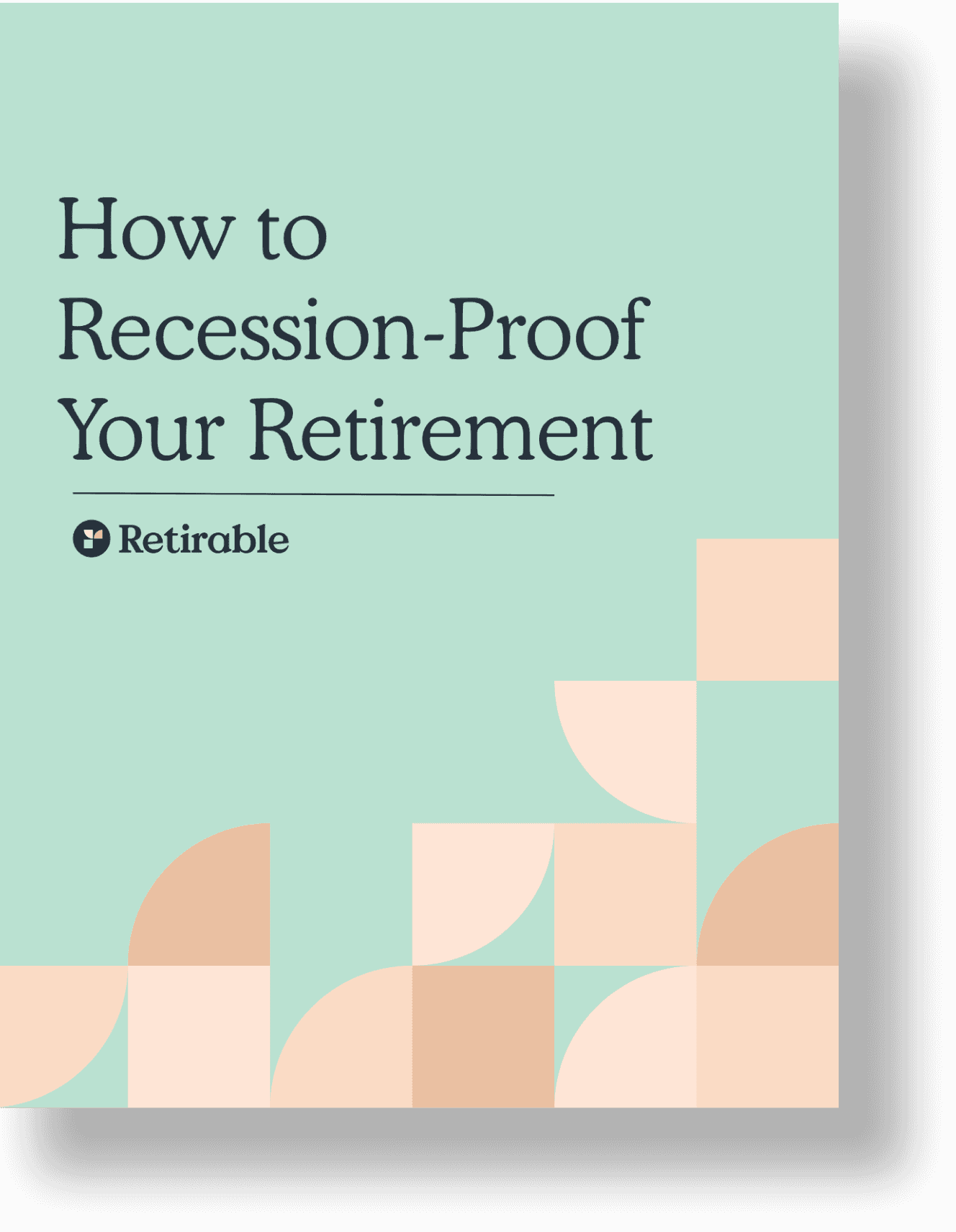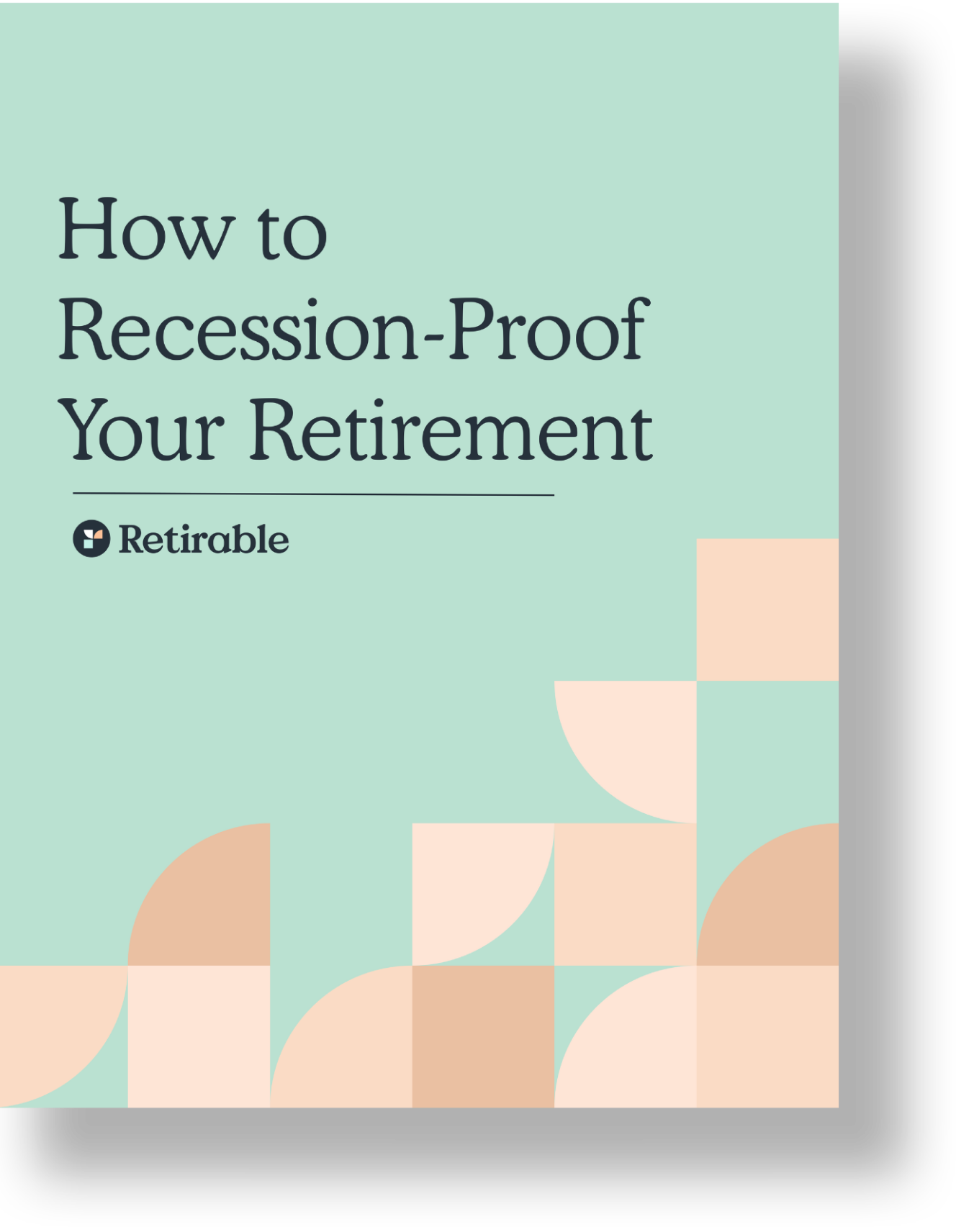Lifestyle
Certified Financial Planners (CFPs) exist to lessen the burden, and help you make a roadmap of your wealth to ensure that you’re making the best decisions for the present and for the years to come.

C.E Larusso
•
Published February 22nd, 2023
Table of Contents
Key Takeaways
Certified Financial Planners are advisors who have passed a rigorous exam, undertaken education, and completed a minimum amount of on-the-job training to professionally advise people across financial planning topics
CFPs must act with fiduciary responsibility and are legally required to put their clients’ needs first; this mandated, strict code of ethics differentiates them from other kinds of financial advisors
CFPs have a very broad knowledge base, and can advise on everything from taxes to stocks; some financial advisors tend to be more specialized, with a niche understanding of one area of finance, such as estate planning
A CFP is a financial advisor, but not all financial advisors are CFPs
The task of sifting through your finances and making sound decisions about how to invest for the future can be daunting, and the process is only more complicated if you have kids to take care of or are nearing retirement. Certified Financial Planners (CFPs) exist to lessen the burden, and help you make a roadmap of your wealth to ensure that you’re making the best decisions for the present and for the years to come.
What is a Certified Financial Planner (CFP®)?
A Certified Financial Planner (CFP) is a financial planner who has been certified after undertaking rigorous educational courses, passing a comprehensive test, completing thousands of hours of professional training or apprenticeships, and committing to adhere to strict ethics related to their chosen profession. These ethics are set by the Certified Financial Planner Board of Standards.
CFPs are also expected to continue their education in annual classes, to enhance their knowledge and skills.
Looking for retirement advice? Our advisors are here to help.
Schedule your FREE Retirable consultation today.Why is a CFP Important?
One requirement of CFPs is that they act with fiduciary responsibility. In other words, they are required to put your financial needs ahead of their own, and make suggestions and dole out advice accordingly.
The CFP board monitors advisors who hold the CFP title, ensuring they follow the ethical guidelines set forth by the board.
Finally, the training and education to earn the title of CFP is far and beyond what’s required of other financial advisors. A financial planner must work for three years before becoming a CFP; other financial planners require no on-the-job experience.
CFP vs Financial Advisor: What’s the Difference?
Both CFPs and financial advisors can help you strategize how to save and invest your money, there are some key differences to note.
- Certified Financial Planners are also financial advisors, but not all financial advisors are CFPs. CFPs offer a very comprehensive approach to your assets, and then advise on ways to tackle long-term goals, such as paying off debt or saving for retirement.
- Financial advisors are not financial planners. This broad term covers any professional who offers advice on how to spend, save, and invest your money—usually with regards to stock portfolios and similar types of investments.
- Some financial planners specialize in one particular area, such as taxes or estate planning.
- Occupations that often fall in the “financial advisor” bucket include stockbrokers, insurance agents, money managers, and more. In other words, the term “financial advisor” can apply to a wide range of professionals who handle assets and money.
CFP vs. CPA vs. CFA vs. ChFC
Beyond the differences between a CFP and a financial advisor, you might be wondering what distinguishes a CPA from a CFA or even a ChFC. Here’s a quick explainer:
CFP®
Holding the CFP title means you have mastered all areas of financial planning—including stocks, bonds, insurance, and taxes—and are committing to continuing your education and upholding the ethics set by the Certified Financial Planner Board of Standards.
CFPs are required to act with fiduciary responsibility and always put your best interest above their own.
CPA
Certified Public Accountants (CPAs) are licensed accountants. To earn this title, one must complete graduate-level coursework and pass an examination about taxes, administered by American Institute of Certified Public Accountants (AICPA). Some states require that aspiring CPAs work professionally for one or two years before completing the exam and attaining their certification.
Given the nature of their speciality, some CPAs go on to assist companies with their tax obligations, audits, and accounting.
CFA
A Chartered Financial Analyst focuses on investments, usually working for endowments or portfolio managers; their tasks revolve around measuring risk, making smart investments accordingly, and assisting with wealth planning.
To earn the title of CFA, one must complete three exams and complete several years of on-the-job training. The exams are administered by the CFA Institute.
Common job titles for CFAs include portfolio manager, risk analyst, or chief investment officer.
ChFC
Chartered Financial Consultants are very similar to CFPs; they must master a wide range of knowledge on every financial topic, and be certified. The certification for this designation, however, is handed out by the American College of Financial Services rather than the Certified Financial Planner Board of Standards; the ACFS is a private institution. Instead of one lengthy comprehensive exam, aspiring ChFCs take short exams after each course of study; there are nine courses in total.
Is a CFP Worth It?
Getting sound financial advice is invaluable, but it doesn’t come cheap. Hiring a CFP could be worth it if you can afford it (expect to pay roughly $1,800–$2,500 for a comprehensive financial plan); typically, those retaining a CFP have one of these needs:
- A fresh perspective on finances: If you’re not sure what your next move is with regards to your investments, or you’re not seeing the returns you want to see, a CFP can assist.
- Advice on what to do with a windfall: After a death in the family, a divorce, or other major life event, you might come into a large sum of money and not know what to do with it. A financial planner can advise you on where to invest.
- Guidance for retirement: If you’re inching closer to retirement, you may wish to speak to a Certified Financial Planner to ensure you’ve saved enough to live comfortably for the rest of your life.
Fee-only vs. Fee-based Financial Advisors
Certified Financial Planners are either fee-only planners, which means they only get paid by their client, or fee-based, which means they can receive a commission on products they sell. Because a fee-based advisor would receive a kickback on certain products, they might be more inclined to sell them, creating a potentially problematic conflict of interest. While CFPs can be fee-based, they are supposed to be bound by their fiduciary duty and always put your needs ahead of theirs. That said, make sure you ask your advisor what their fee structure is and work exclusively with fee-only professionals, if possible.
Final Thoughts
If you find yourself confused about how to manage your finances and want to create a solid plan for the future, a Certified Financial Planner can help. There are lots of situations that require the assistance of a CFP: starting a small business, making real estate investments, preparing for retirement, or ensuring you’re saving enough for your children’s college tuition. Talk to a licensed Retirable advisor today to get a clear picture of your financial present and future.
Frequently Asked Questions
How Do I Find a CFP®?
One way to find a CFP is to talk to trusted family and friends to see if they are using one they like, who has offered sound advice and helped them make a strong roadmap for their finances. Next, you might get a free consultation with one of Retirable’s advisors; all of them are required to be fiduciaries and act in your best interest.
Another online source to search for financial planners is the CFP Board’s database; this is the same board that sets the standards for CFP certification.
Is It Worth Paying for a CFP®?
If you can afford it, definitely. Whether you just came into a sizable inheritance, want to pay down debt and start saving for the future, or simply want to know you’ll be able to retire comfortably, a CFP is a partner to help you sift through the numbers and come up with a plan that will work.
How do I become a CFP®?
It’s not easy! Expect to invest about two years of time to study, train, and pass the exam. You’ll need to:
- Complete coursework
- Pass the 170-question multiple choice exam; about 65% of first-time exam takers pass
- Complete 6,000 hours of professional experience or 4,000 hours of apprenticeships within 10 years of taking the exam and/or five years after passing it
- Sign the Ethics Declaration, stating that you will always act as a fiduciary and in the best interest of your clients
Share this advice

A professional content writer, C.E. Larusso has written about all things home, finance, family, and wellness for a variety of publications, including Angi, HomeLight, Noodle, and Mimi. She is based in Los Angeles.
Share this advice

A professional content writer, C.E. Larusso has written about all things home, finance, family, and wellness for a variety of publications, including Angi, HomeLight, Noodle, and Mimi. She is based in Los Angeles.
Free Retirement Consultation
Still have questions about how to properly plan for retirement? Speak with a licensed fiduciary for free.





